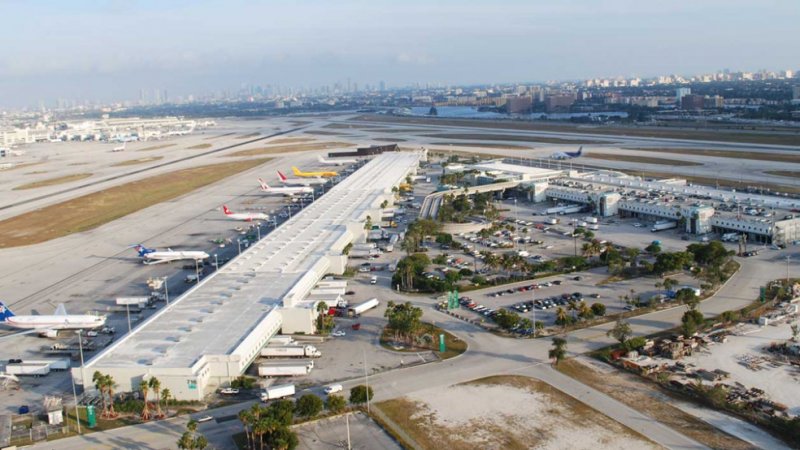Miami International Airport (MIA) is considering adding nonstop flights to Tokyo, Riyadh, Asuncion, and Singapore.
The proposal aims to expand the airport’s long-haul network and strengthen Miami’s position as a global aviation hub, News.Az reports, citing foreign media.
The Miami-Dade Airport Committee recently discussed this initiative, outlining a feasibility plan to attract both passenger and cargo services. The move underscores Miami’s ambition to connect with key international markets and enhance regional trade and tourism potential.
The Miami-Dade Airport Committee has introduced a resolution directing the County Mayor and Attorney to assess the feasibility of launching direct flights between Miami International Airport (MIA) and four major global cities: Tokyo (HND/NRT), Riyadh (RUH), Asuncion (ASU), and Singapore (SIN).
If deemed feasible, the resolution mandates efforts to engage relevant airlines such as Japan Airlines (JL), Riyadh Air (RX), American Airlines (AA), and others to initiate these routes.
According to OMAAT, the Mayor or a designated official will provide quarterly progress updates as part of the long-term connectivity strategy.
Asuncion (ASU) has emerged as a key economic center in South America, supported by Paraguay’s sustained growth over the past decade. A direct Miami–Asuncion route could strengthen trade and diaspora links, potentially operated by American Airlines (AA) using future Airbus A321XLR aircraft.
Riyadh (RUH), the capital of Saudi Arabia, is transforming rapidly into a global business hub under Vision 2030. As Riyadh Air (RX) expands its fleet, a Miami–Riyadh connection may become viable, though likely several years away.
Tokyo (HND/NRT) remains one of Miami’s most desired Asian links. While Japan Airlines (JL) has traditionally maintained conservative growth, increasing long-haul capacity could make this route achievable in the near future.
Meanwhile, Singapore (SIN) poses significant logistical challenges. Covering over 10,500 miles, a Miami–Singapore flight would exceed even Qantas (QF) “Project Sunrise” ultra-long-haul missions, making its launch improbable with current technology and economics.

